
Plenary Speakers
FEBS Datta Lecture
Mechanisms of food allergy and the role of allergen-specific B cells

Mübeccel Akdis
Swiss Institute of Allergy and Asthma Research (SIAF), Davos-Wolfgang, Switzerland
Mübeccel Akdis has worked at the Swiss Institute of Allergy and Asthma Research (SIAF) since 1995, establishing her own research group in 2003. She achieved her habilitation from Zurich University Medical Faculty of Experimental Immunology in 2005 and became a professor in 2016. She has published 313 peer-reviewed articles and has an H-index of 87. She has received research grants and collaborative grants from the Swiss National Foundation, European Union (MeDALL and Predicta) and Sean Parker Seed Grant, as well as numerous awards, including International Distinguished Fellow Award of the American College of Allergy, Asthma & Immunology (ACAAI) 2018, the European Academy of Allergy and Clinical Immunology (EAACI) Paul Ehrlich Award 2020, and the 2021 Bulent Eczacibasi Medical Science Award. She is the scientific program co-chair of EAACI.
FEBS Theodor Bücher Lecture
Lysosomal signaling in metabolic adaptation and tumorigenesis
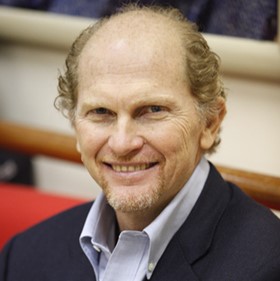
Andrea Ballabio
Telethon Institute of Genetics and Medicine, Pozzuoli, Italy
Following an MD degree at the University of Naples, Italy, and postdoctoral fellowship at the Institute of Genetics and Biophysics in Naples and at Guy’s hospital in London UK, Andrea Ballabio moved to the USA in 1989 where he was Assistant and then Associate Professor and Co-director of the Human Genome Center at the Department of Molecular and Human Genetics of Baylor College of Medicine in Houston, Texas. In 1994 he became the founding director of the Telethon Institute of Genetics and Medicine (TIGEM) in Italy, and in 1998 he became President of the European Society of Human Genetics. He is currently Professor of Medical Genetics at the University of Naples “Federico II” and Visiting Professor at Baylor College of Medicine in Houston, Texas. He has received three 5-year Advanced Grants of the European Research Council (ERC) and in 2016 won the Louis-Jeantet prize for Medicine. Ballabio is also an Advisory Board Member of INGM Milan, IGBMC Strasbourg, Human Technopole Milan, and VIMM Padua. He is Co-Founder of CASMA Therapeutics and serves as scientific advisor in Next Generation Diagnostics and Avilar Therapeutics. He has been an EMBO member since 1998 and was a former member of the EMBO council. He has authored over 400 publications in international peer-reviewed journals. He obtained the Honorary Titles from the President of Italy of “Commendatore” in 2007 and “Grande Ufficiale” of the Italian Republic in 2021. In 2022 he received the “Laurea Honoris Causa” (honorary title) in Biological Sciences from the University of Camerino. He then won the Feltrinelli Prize in 2021 and subsequently became member of the Accademia dei Lincei in Rome.
FEBS Sir Hans Krebs Lecture
G protein-coupled peptide receptors: structure, function and innovative therapeutic concepts
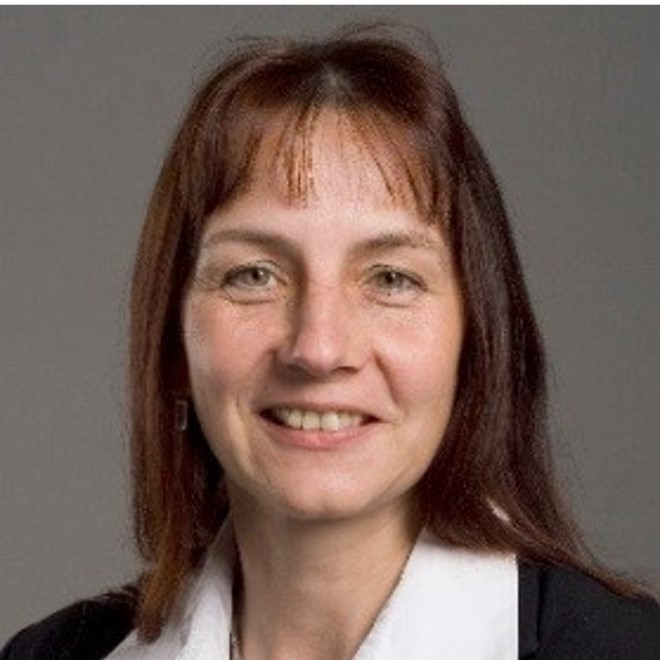
Annette G. Beck-Sickinger
Leipzig University, Germany
Annette G. Beck-Sickinger is Professor of Biochemistry and Bioorganic Chemistry at the Faculty of Life Sciences, Leipzig University. She is member of the Saxon Academy of Science, the German National Academy Leopoldina, the Göttingen Academy of Science and DFG Senate. Since 2020 she has been spokesperson of the SFB1423 "Structural dynamics of GPCR activation and signaling". She has received numerous awards: Leonidas Zervas Award of the EPS (1998), Gold Medal of the Max Bergmann Circle (2009), Saxon Order of Merit (2017), Du Vigneaud Award of the APS (2019), Richard Willstätter Prize for Chemical Biology (2023) and the IUPAC Award: Distinguished Women in Chemistry or Chemical Engineering (2023). Her major research fields are structure–activity relationships of peptide and protein ligands activating GPCRs and protein modification to study molecular interactions. The range of methods used includes bioorganic synthesis, molecular biology tools, cloning, receptor mutagenesis, protein expression and cell biochemistry.
TBS Lecture
Regulation of Subcellular Architecture and Organelle Function in Health and Disease
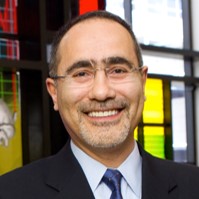
Gökhan S. Hotamışlıgil
Harvard University, Boston, USA
Gökhan Hotamışlıgil obtained an MD degree from Ankara University, Türkiye, and PhD from Harvard University, USA, where he is now James S. Simmons Professor of Genetics & Metabolism, Harvard TH Chan School of Public Health. His research efforts focus on obesity and diabetes. His work examines the mechanisms of nutrient sensing and response pathways as they relate to immunity and physiological metabolic homeostasis, and his contributions include discoveries that defined the inflammatory nature of obesity and diabetes, which led to the emergence of the field of immunometabolism. He also discovered novel lipid and lipid-binding hormones integrating adipose tissue to other metabolic organs such as pancreas and regulating systemic metabolism. In the past 15 years, Hotamışlıgil’s work opened up another field of study related to the role of endoplasmic reticulum in cellular and organismic metabolism, and its impact on obesity, insulin resistance, and diabetes. He pursues interdisciplinary paths, collaborations, and alliances towards development of novel preventive and therapeutic strategies against diabetes. His work has resulted in >200 papers, which have received >80,000 citations with an H-index of 115 and resulted in multiple patents. Hotamışlıgil has been recognized by training fellowships and awards from the Markey and Pew Foundations, and the J.S. Simmons Endowment at Harvard University. He is an elected fellow of the AAAS and the recipient of the Outstanding Scientific Accomplishment Award of American Diabetes Association, the Wertheimer Award from International Association for the Study of Obesity, the Naomi Berrie Award from Columbia University, Science Award of the Vehbi Koç Foundation, Roy Greep Award of Endocrine Society, the International Danone Prize, and the EASD-NovoNordisk Diabetes Prize for excellence.
IUBMB Jubilee Award Lecture
Boosting protein quality control in neurodegenerative diseases: From the bench to the clinic
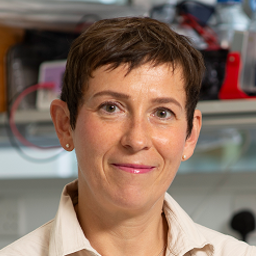
Anne Bertolotti
MRC Laboratory of Molecular Biology, Cambridge, UK
Anne Bertolotti has made seminal contributions to our current understanding of protein quality control mechanisms, the cellular defence against the harmful proteins that accumulate in neurodegenerative diseases such as Alzheimer’s, Parkinson’s, Huntington’s or motor neuron diseases, as well as their manipulations for therapeutic benefits. She exploited her knowledge to identify strategies to boost these defence mechanisms for the treatment of neurodegenerative diseases. One of the molecules discovered in her lab was found efficacious in a phase 2 clinical trial in ALS. Anne Bertolotti obtained her PhD from Strasbourg University, France, working with Pierre Chambon and Laszlo Tora on transcription. She did her postdoctoral research with David Ron at the Skirball Institute of Biomolecular Medicine, NYU Medical Center, New York, USA. She was an INSERM Investigator from 2000 to 2006, was elected an EMBO Young Investigator in 2005, was awarded an ERC consolidator grant in 2013, became an EMBO member in 2013 and won the Hooke Medal in 2014. In 2017, she became a Fellow of the National Academy of Medical Sciences in the UK and was awarded a Wellcome Trust Investigator Award. In 2018, she won the GlaxoSmithKline Award from the Biochemical Society. In 2024, she received a Wellcome Trust Discovery Award. She has been a programme leader in the Neurobiology Division at the Medical Research Council Laboratory of Molecular Biology (LMB), Cambridge, since 2006, and in 2022 became joint head of the Neurobiology Biology Division.
FAOBMB Lecture
Understanding antioxidants in health and disease: the special case of ergothioneine
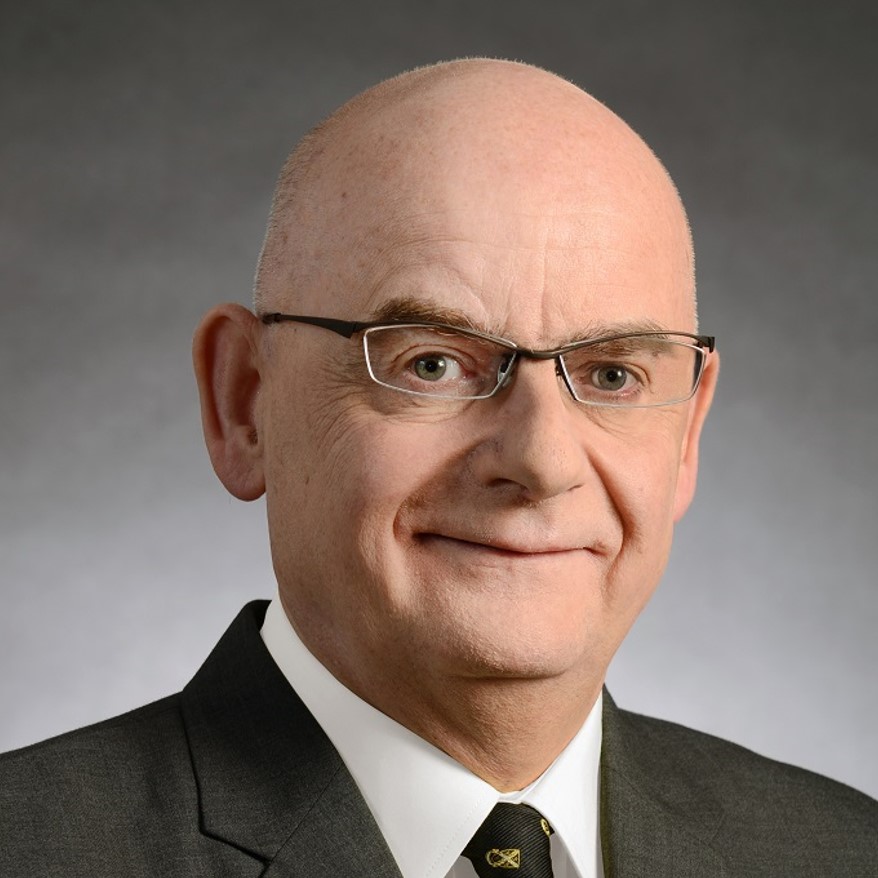
Barry Halliwell
National University of Singapore, Queenstown, Singapore
Barry Halliwell graduated from Oxford University, UK with BA (first class honours) and DPhil degrees and holds a Doctor of Science (DSc) degree from the University of London. He was a faculty member with King’s College University of London (1974–2000) and held a prestigious Lister Institute Research fellowship. He was a Visiting Research Professor at the University of California Davis and Berkeley, USA (1995–1999). He now holds several key positions in Singapore. He is recognized for his pioneering work on the role of free radicals and antioxidants in biology, being one of the world’s most highly cited scientists (H-index of 171) and was chosen as a Citation Laureate (2021) for pioneering research in free-radical chemistry including the role of free radicals and antioxidants in human disease. The distinction is awarded by Clarivate to researchers whose work is deemed to be of “Nobel Class” as they are among the most influential, even transformative, in their fields. He was one of 16 scientists (three only in Chemistry) in the 2021 Hall of Citation Laureates. His research focuses on the role of free radicals and antioxidants in human disease, particularly Alzheimer's and other neurodegenerative diseases, identifying novel approaches to delay or prevent such diseases.
EMBO Lecture
Biomolecular condensates and their implications for cell physiology and disease

Anthony A. Hyman
Max Planck Institute of Molecular Cell Biology and Genetics, Dresden, Germany
Anthony A. Hyman has made significant contributions to molecular and cell biology, particularly in understanding the mechanisms of cell division and cell compartmentalization. Perhaps his two most notable achievements include utilizing RNA interference to map various nuclear and cytoplasmic processes and discovering that compartments in cells can form via phase separation. His expansive body of work has also illuminated fundamental interworkings of protein complexes and cellular structures like the mitotic spindle, centrioles, and P granules. Currently his research is aimed at exploring how phase separation of intrinsically disordered proteins may drive neurodegenerative diseases including ALS.
FEBS/EMBO Women in Science Award Lecture
Epigenetic regulation by histone acetylation in health and disease
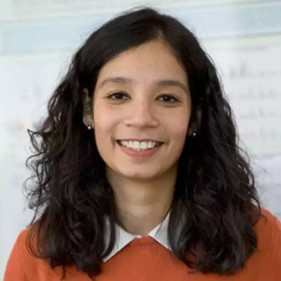
Asifa Akhtar
Max Planck Institute of Immunobiology and Epigenetics, Freiburg, Germany
Asifa Akhtar is the first international female Vice President of the Biology and Medicine Section in the Max Planck Society. Born in Karachi, Pakistan, she obtained her doctorate at the Imperial Cancer Research Fund in London, UK in 1997. She then moved to Germany, where she was a postdoctoral fellow at the European Molecular Biology Laboratory (EMBL) in Heidelberg and the Adolf-Butenandt-Institute in Munich from 1998 to 2001. She rejoined the EMBL Heidelberg as a group leader before becoming a Max Planck Investigator at the Max Planck Institute (MPI) in Freiburg in 2009. Since 2013, she has been a director at the MPI for Immunobiology and Epigenetics in Freiburg. Akhtar was awarded the Early Career European Life Science Organization Award in 2008, EMBO membership in 2013, and the Wilhelm-Feldberg Prize in 2017. She was elected as a member of the National Academy of Science Leopoldina in 2019.
FEBS Education Lecture
Learning how to be a better researcher and educator by doing research and teaching – the Yin Yang perspective
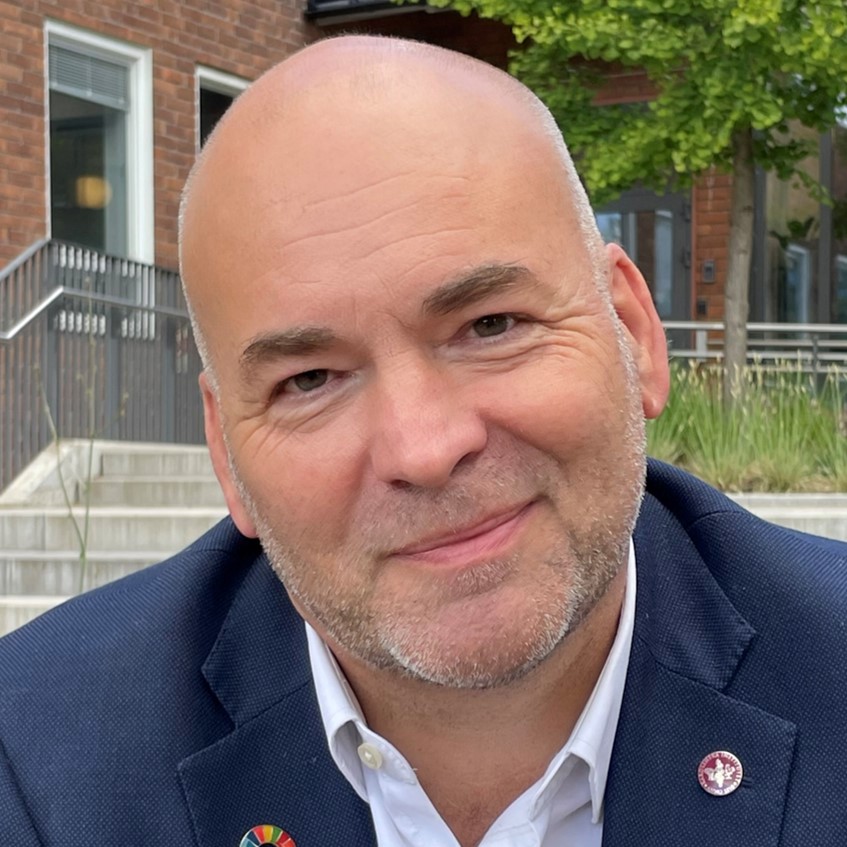
Robert Harris
Karolinska Institutet, Stockholm, Sweden
Robert A. Harris is Professor of Immunotherapy in Neurological Diseases, and Academic Vice-President of Doctoral Education, at the Karolinska Institutet, Stockholm, Sweden. The current focus of his research is development of novel immunotherapies for incurable neurodegenerative diseases. In the university education field, Harris is an inspiring and knowledgeable leader, lecturer and teacher, who has had a major impact on doctoral education at the Karolinska Institutet and internationally. He has taught extensively at undergraduate, Master’s and postgraduate levels for medical, biomedical and biology students, at the Karolinska Institutet and also at other universities in Sweden and abroad. He has also mentored MSc and PhD theses and supervised postdoctoral fellows. At the Karolinska Institutet, Harris has designed professional development teaching courses aimed at PhD supervisors at both basic and advanced levels, as well as introductory courses for PhD students. He also introduced new pedagogical tools to raise the professional standard of PhD supervision, including educational videos to explain doctoral educational and research support and to increase awareness of equity, diversity and inclusivity. At the international level, Harris has received many invitations to directly train or inspire in house training of PhD supervisors at other European universities, and has been an international evaluator of doctoral programmes at several universities. He was President of ORPHEUS (‘The Organisation for PhD Education in Biomedicine and Health Sciences in the European System’) from 2014 to 2022, where he oversaw development of the current ‘Best Practices in Doctoral Education’ handbook and contributed to a new 3-stage ORPHEUS accreditation process, which has had a major impact of development of quality assurance processes for doctoral programmes in three continents. In 2024 he received the first FEBS Education Award, and as of 1 Jan 2025 will serve on the FEBS Education and Training Committee.
Molecular Oncology Lecture
Thinking differently about cancer treatment regimens
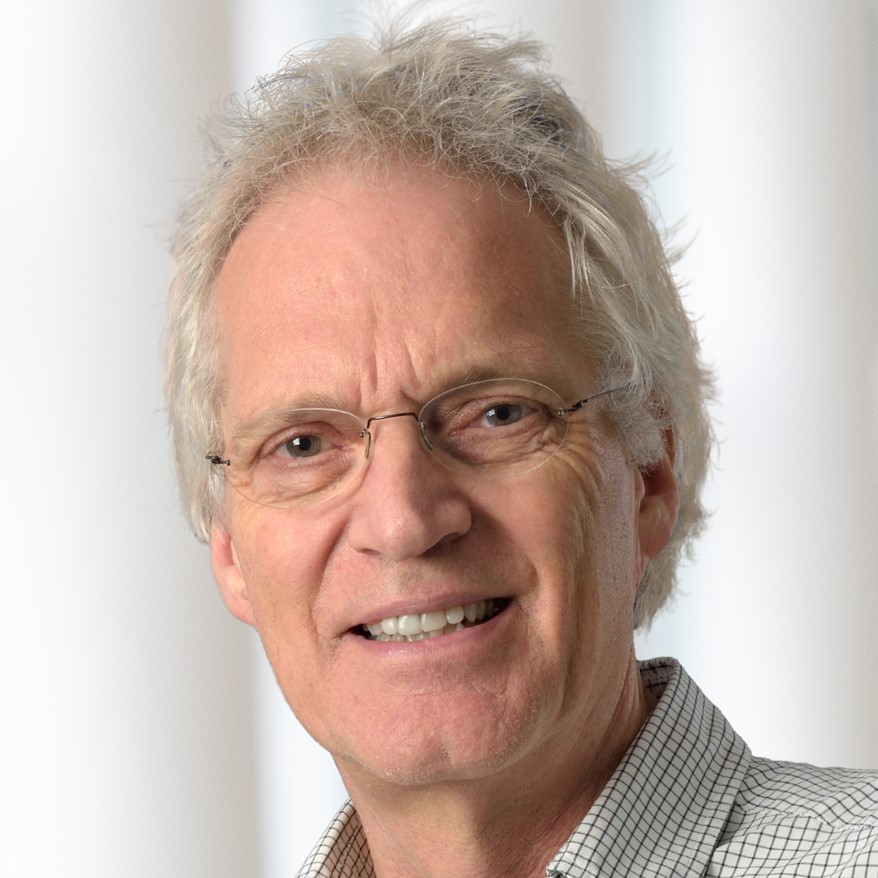
René Bernards
Netherlands Cancer Institute, Amsterdam, Netherlands
René Bernards is a professor of molecular carcinogenesis at the Netherlands Cancer Institute in Amsterdam. His laboratory uses functional genomic approaches to find vulnerabilities of cancers that can be exploited therapeutically. His laboratory identified the now FDA-approved combination of a BRAF inhibitor and an EGFR inhibitor as effective for the treatment of BRAF mutant colon cancer. He also developed the first clinically used gene expression test for early breast cancer prognosis: MammaPrint, which has helped over 250,000 women in making the right treatment decision. His current work focuses on paradoxical activation of oncogenic signaling for the treatment of cancer. Amongst his honors are the Pezcoller Foundation award, the Ernst Bertner Award for Cancer Research from the MD Anderson Cancer Center and the ESMO Lifetime Achievement Award. He is also a member of the Royal Netherlands Academy of Sciences, the US National Academy of Sciences and the American Academy of Arts and Sciences, a foreign member of the Royal Society and a fellow of the AACR Academy.
FEBS Open Bio Lecture
Corruption of host immune defenses by bacterial proteases in chronic inflammatory diseases

Jan Potempa
Jagiellonian University, Krakow, Poland
Jan Potempa completed his PhD (1982) and DSc (1993) in biochemistry and molecular biology, respectively, at Jagiellonian University (Krakow, Poland). Throughout his long collaboration with the Department of Biochemistry at the University of Georgia (Athens, GA, USA), he initially worked as a postdoctoral researcher and later as a senior research associate. During this time, he became an expert in the regulation of proteolysis in homeostasis and diseases. Since 1995, Potempa has served as the head of the Department of Microbiology at the Faculty of Biochemistry, Biophysics, and Biotechnology at Jagiellonian University, becoming a Full Professor in 2005. He concurrently holds the positions of Research Professor and Distinguished Academic Scholar at the University of Louisville School of Dentistry in Louisville, KY, USA. He has also been awarded honorary doctorates from Lund University in Sweden and Amsterdam University in the Netherlands. Potempa has received several prestigious awards for his scientific achievements. He was recognized for discovering and characterizing gingipains as virulence factors and potential targets for drug development to treat periodontitis, receiving the Foundation for Polish Science Prize in 2011. He also received the Heisig Award in 2021 for his work on the role of oral pathogens in systemic diseases, including Alzheimer's disease. Currently, his research focuses on virulence factors of bacterial pathogens that disrupt physiological pathways and enable evasion of host immunity, particularly in the context of periodontitis. To date, he has contributed to over 500 publications, which have been cited more than 26,000 times (Web of Science, h-index = 81).
The FEBS Journal Richard Perham Prize Lecture
Cholesterol-mediated ERRα activation in breast cancer progression and microenvironment
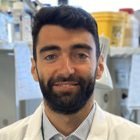
Matteo Brindisi
Humanitas Research Hospital, Milano, Italy
Matteo Brindisi obtained his Master's Degree in Pharmacy from the University of Calabria, Italy, in 2017. During his studies, he joined, thanks to an Erasmus traineeship fellowship, the prestigious John Innes Centre in Norwich, UK, where he focused on isolating and testing secondary metabolites produced by Streptomyces with promising anticancer properties on cancer cells. In 2022, Brindisi obtained his PhD in Translational Medicine at the University of Calabria. His doctoral research focused on breast cancer, with particular emphasis on cholesterol metabolism and its interplay with cancer progression. Specifically, he investigated ERRα signaling and its role in tumor progression, along with its cross-talk with the tumor microenvironment. As part of his PhD, he spent a period as a visiting PhD student at the University of Salford in Manchester, UK, where he explored the metabolic characteristics of breast cancer cells, with a special focus on cancer stem cells (CSCs). In the later stages of his PhD, he delved deeper into the tumor microenvironment, studying how cholesterol-driven ERRα activation fosters cancer aggressiveness through microenvironmental symbiosis. After completing his PhD, Brindisi joined Vita-Salute San Raffaele University as a postdoctoral researcher, where his work centered on breast cancer cell motility and the molecular pathways underlying cancer progression and aggressiveness. In 2023, he moved to Humanitas Research Hospital, joining the group led by Prof. Della Porta and Dr Ficara. Here, his research shifted towards hematological malignancies, particularly Acute Myeloid Leukemia (AML), Myelodysplastic Syndromes (MDS), and Myeloproliferative Neoplasms (MPN). His projects aim to unravel the complex metabolic and molecular mechanisms driving these diseases, advancing understanding and potential therapeutic approaches.
FEBS Letters Award Lecture
SKDEAS intellectual disability syndrome: Pathogenic mechanism revealed by an impaired E3 ubiquitin ligase
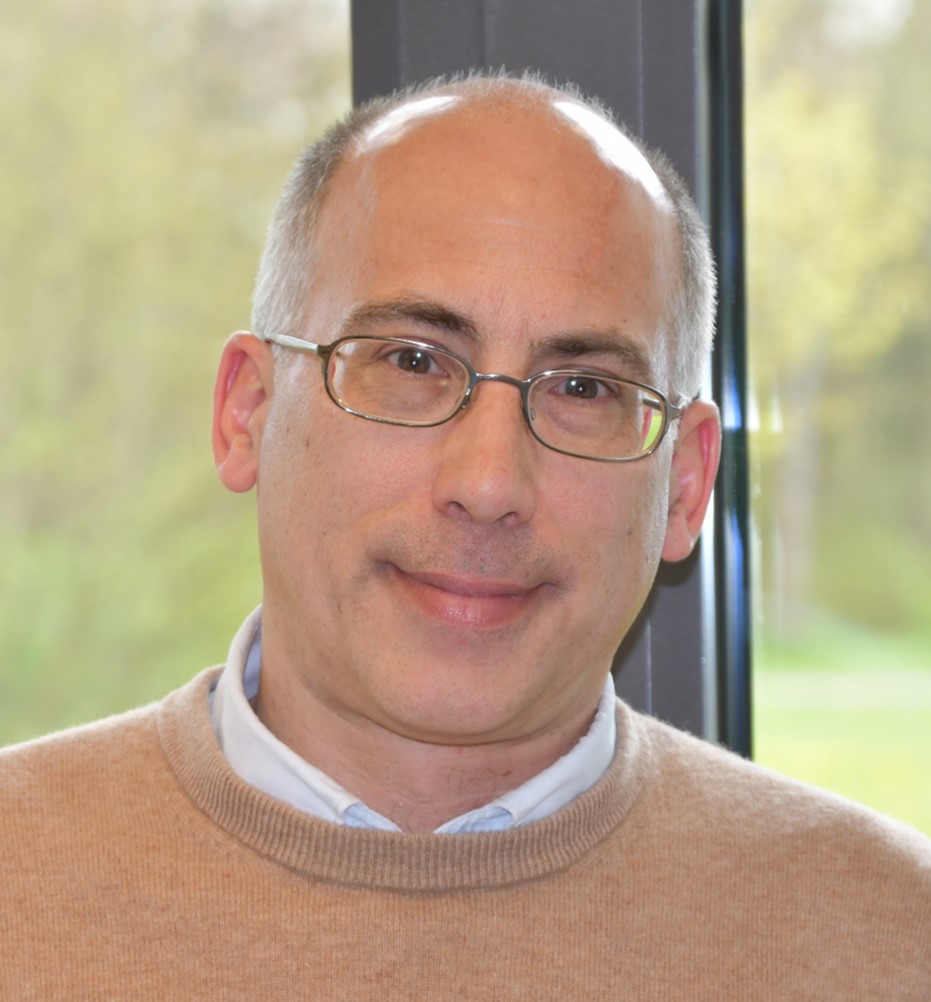
Arno Alpi
University of Edinburgh, UK
Arno Alpi received his Master degree in Chemistry/Biochemistry from the University of Vienna, Austria in 2000 and his PhD from the Ludwig Maximilian University of Munich, Germany in 2004. He continued his training as a Medical Research Council Career Track Fellow at the Laboratory for Molecular Biology in Cambridge, UK. In 2009 he accepted a Group Leader position at the Scottish Institute of Cell Signalling/MRC Protein Phosphorylation and Ubiquitylation Unit at the University of Dundee, UK, and relocated to the Max Planck Institute of Biochemistry, Munich, Germany in 2016. Since 2024, he is a Senior Lecturer and Group Leader at the Institute of Cell Biology, University of Edinburgh, UK. His research interest centres around molecular mechanisms of biological processes, such as cell differentiation, that are regulated by post-translational modifications with the small protein ubiquitin. Currently his work focuses on the functional interplay of ubiquitin-mediated protein turnover and metabolic regulation in red blood cell development and neuronal differentiation.



